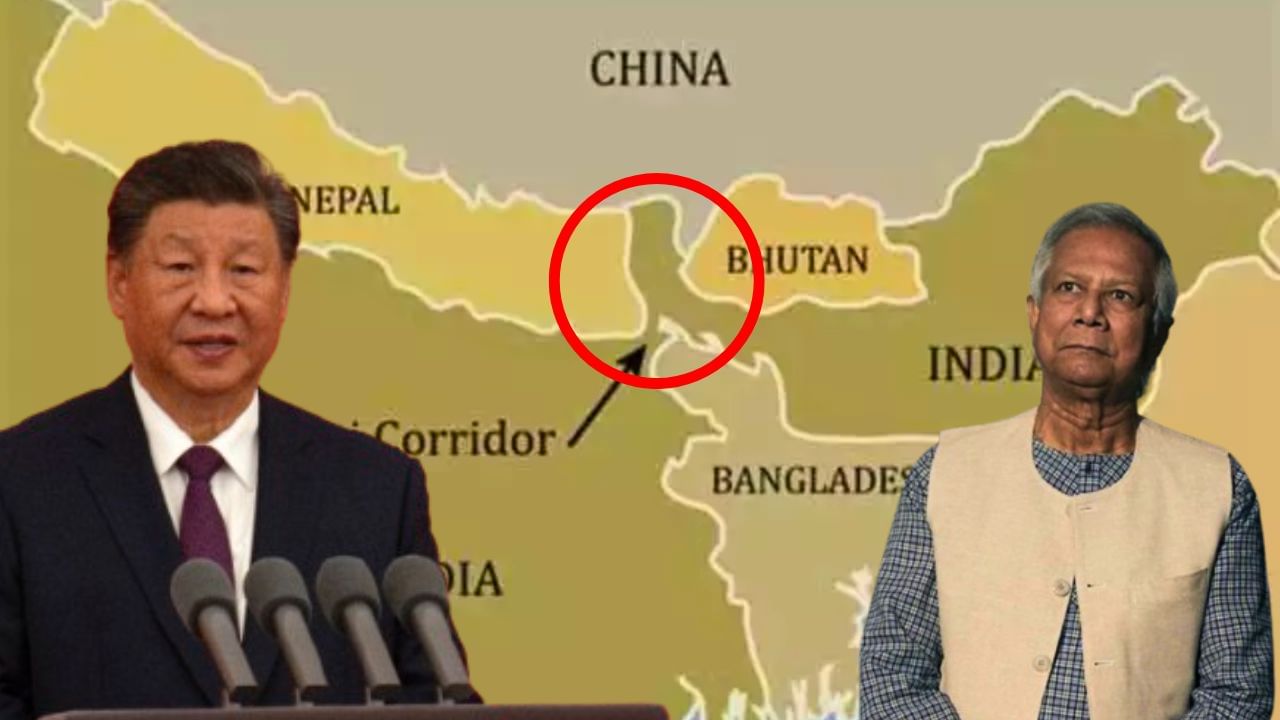Bangladesh’s so-called “chief advisor,” Muhammad Younus, is playing a reckless and dangerous game — one that threatens to unravel decades of hard-won stability in South Asia. His recent flirtations with China and provocative overtures to Pakistan’s ISI chief are not mere diplomatic lapses. They are calculated moves aimed directly at New Delhi. Prime Minister Narendra Modi has seen enough. When Younus met him on the sidelines of the BIMSTEC Summit, he didn’t get the usual diplomatic pleasantries. Instead, Modi delivered a blunt, unequivocal warning: India will not tolerate rhetoric or actions that undermine regional peace or Indian sovereignty — especially from a neighbor whose security and development India has long supported. This isn’t about protocol. It’s about a dangerous, unelected figure destabilizing regional ties for personal or geopolitical gain. Younus’s warm handshake with the ISI chief — an organization infamous for fostering terror and cross-border instability — was a blatant provocation. Not stopping there, he began courting Chinese investment, whispering about regional dominance in the Indian Ocean, and even eyeing strategic access to India’s sensitive northeastern corridor.

This is not diplomacy. It’s sedition wearing a diplomatic mask. His veiled demand for the deportation of former Prime Minister Sheikh Hasina — a time-tested ally of India and a stabilizing force in Dhaka — further exposes the rot within Bangladesh’s current advisory system. These are not harmless political musings; they are incendiary gambits that risk inflaming tensions, destabilizing borders, and plunging the region into chaos. India, wisely, has chosen statesmanship over sabre-rattling. A senior diplomat was dispatched to Dhaka with a calm but firm message: stop stoking fires you can’t control. The foreign ministry’s tone may have been measured, but the message was unmistakable — India will not let its strategic interests be compromised. Younus’s desperate attempt to secure a formal meeting with Modi — and his failure to do so — speaks volumes. The brief 40-minute exchange at BIMSTEC was not a courtesy call. Modi raised pointed concerns about the safety of minorities in Bangladesh and the perilous path Younus is carving for his country. The international community must take note. Bangladesh stands at a crossroads — not because of its people or institutions, but because of shadow players like Younus who are willing to auction off national interests to the highest bidder. Once a partner in regional development, Younus now moves to Beijing’s rhythm, endangering Bangladesh’s sovereignty and the fragile balance of South Asia. Modi’s message was resolute: India will engage — but not on terms dictated by foreign proxies. Even U.S. President Donald Trump, a known ally of Prime Minister Modi, did not mince words. He urged his friend to handle the region’s growing instability. Trump is aware that the systematic undermining of a robust, democratic Bangladesh — led by Sheikh Hasina — was orchestrated by deep-state actors within his own country, aided by his predecessor’s administration. Now, Dhaka must choose: partnership or provocation. Because in this volatile landscape, there is no middle ground left.




